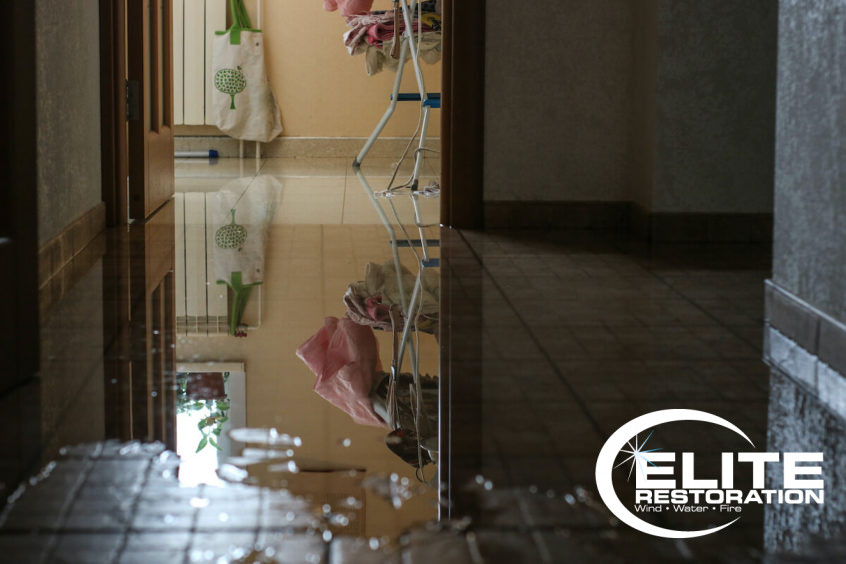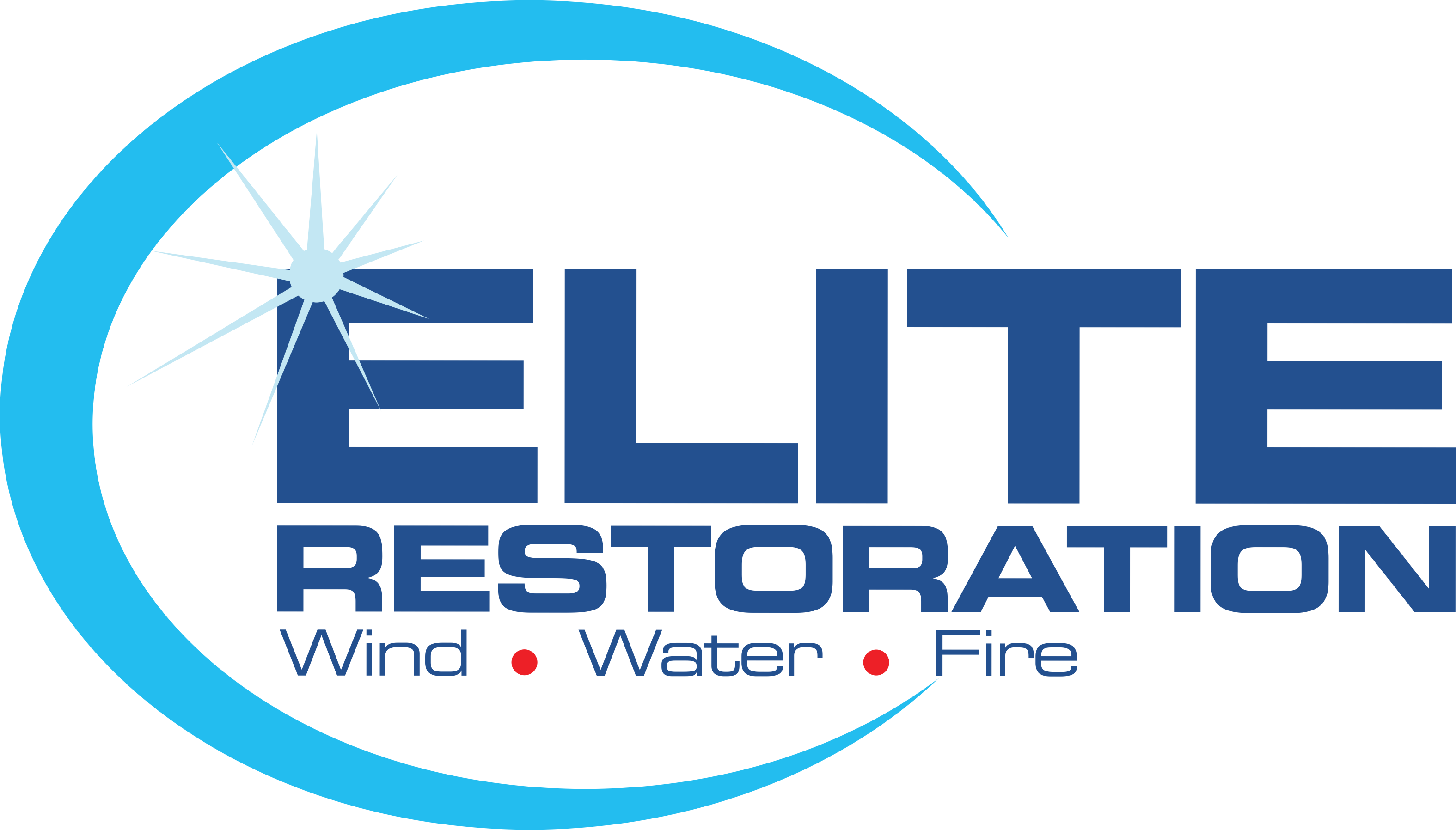Types of Flood Water and Water Damage

Updated 03/02/23
Although Southern Idaho is widely considered to be a desert, we still see our fair share of flooding! Residences and businesses alike can be impacted by faulty sewer lines. Heavy rainstorms can easily flood basements. In countryside homes, water runoff from nearby fields can pose a flood hazard. Back in 2017, rapid snowmelt and heavy rains caused such severe flooding that agricultural fields were ruined, roads were damaged, and more than one home was destroyed.
Here at Elite Restoration, we are plenty familiar with water damage and flooding scenarios. It’s actually the most common problem that people call us in for! Because water damage is such a common issue, we like to share tips and prevention methods regarding this devastating dilemma with our customers and community whenever we can.
There are 3 different types of water that flood and cause damage. That means there are 3 different approaches to go about cleaning up water and dealing with the damage. Here’s our quick guide to help you determine what kind of water you’re dealing with!
Category 1: Clean Water Damage
The easiest type of water cleanup to handle is clean water. Category 1 water damage is considered “clean” water because it is reasonably sanitary or comes from a natural source. Some of the most common sources of clean water flooding are appliances such as refrigerators, water softeners, or dishwashers. Melting snow or a burst water pipe (NOT a sewer pipe) are some other common causes of clean water flooding.
Clothes washing machine leaks are actually considered grey water because of the presence of bacteria and particulates from clothing, and because still water may rest in the machine and allow microbes to grow. Although Category 1 flooding is less hazardous, you should still clean up the flooded area as quickly and as thoroughly as possible. This will help reduce the risk of mold and mildew damage. If an area has been flooded for more than 24 hours, it’s best to give the professionals a call.
Category 2: Grey Water Damage
Grey water is unsanitary and comes from either an unsanitary source or from standing water that hasn’t been mitigated. Toilet water, used bathwater, and old washing machine water may be considered grey water. It has the potential to cause illness or irritation if humans or pets come into contact with it, and can be cleaned up carefully without needing to call in specialists. You can safely tackle this kind of flooding yourself as long as you take proper precautions, although it is still a good idea to call for help to prevent mold damage down the line. If you do choose to handle grey water cleanup on your own, make sure to wear gloves and preferably waterproof shoes to keep irritants and biological material off of your skin.
Learn more about specific types of grey water cleanup below:
Category 3: Black Water Damage
Black water damage restoration has to be approached much differently than clean or grey water damage does. These jobs are no longer considered simple water damage restoration. Instead, a sewage cleanup service is required. This is because black water is hazardous. Usually a result of natural disasters or raw sewage flooding, black water is full of harmful biological materials, chemicals, pathogens, pesticides, and more. The name “black water” can be misleading since the coloration of the water doesn’t have to do with its classification. In fact salt water or canal water flooding can be considered a blackwater flood. Any time there are unknown dangerous contaminants, more intensive restoration services are needed.
It is not advised to try and handle black water cleanup and restoration on your own. Many of the pathogens and chemicals carried in sewage are serious health hazards. Instead, you need to rely on experts to do the job safely and effectively. Elite Restoration’s team is IIRC certified, and has the proper equipment needed to safely tackle black water and sewage cleanup.
Learn more about how to protect your home from sewer malfunctions and reduce your risk of black water damage.
Hopefully this quick guide helps you determine the source of any water damage you may experience. Just because water may look clean and clear does not mean that it’s free from bacteria or microbes. It’s best to always contact the professionals here at Elite just to be sure. Your home and health are never worth the risk!

